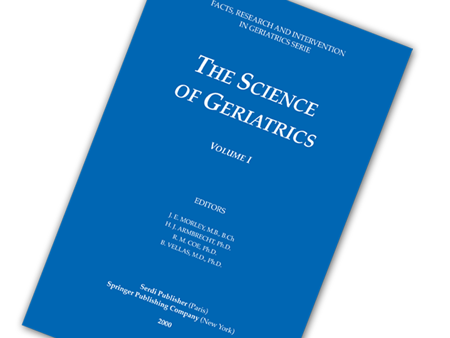Verubecestat is an oral BACE-1 inhibitor that reduces the Aβ level in the cerebrospinal fluid of patients with Alzheimer’s disease. Authors conducted a randomized, double-blind, placebo-controlled, 78-week trial to evaluate verubecestat at doses of 12 mg and 40 mg per day, as compared with placebo, in patients who had a clinical diagnosis of mild-to-moderate Alzheimer’s disease.
A total of 1958 patients underwent randomization; 653 were randomly assigned to receive verubecestat at a dose of 12 mg per day (the 12-mg group), 652 to receive verubecestat at a dose of 40 mg per day (the 40-mg group), and 653 to receive matching placebo. The trial was terminated early for futility 50 months after onset. The estimated mean change from baseline to week 78 in the ADAS-cog score was 7.9 in the 12-mg group, 8.0 in the 40-mg group, and 7.7 in the placebo group Adverse events, including rash, falls and injuries, sleep disturbance, suicidal ideation, weight loss, and hair-color change, were more common in the verubecestat groups than in the placebo group. Verubecestat did not reduce cognitive or functional decline in patients with mild-tomoderate Alzheimer’s disease and was associated with treatment-related adverse events. However Verubecestat verubecestat was associated with reductions of 71.1 to 80.6% in Aβ-40, reductions of 62.7 to 76.4% in Aβ-42, and reductions of 76.6 to 86.1% in sAPPβ in a subgroup who undergo LP for csf biomarkers



